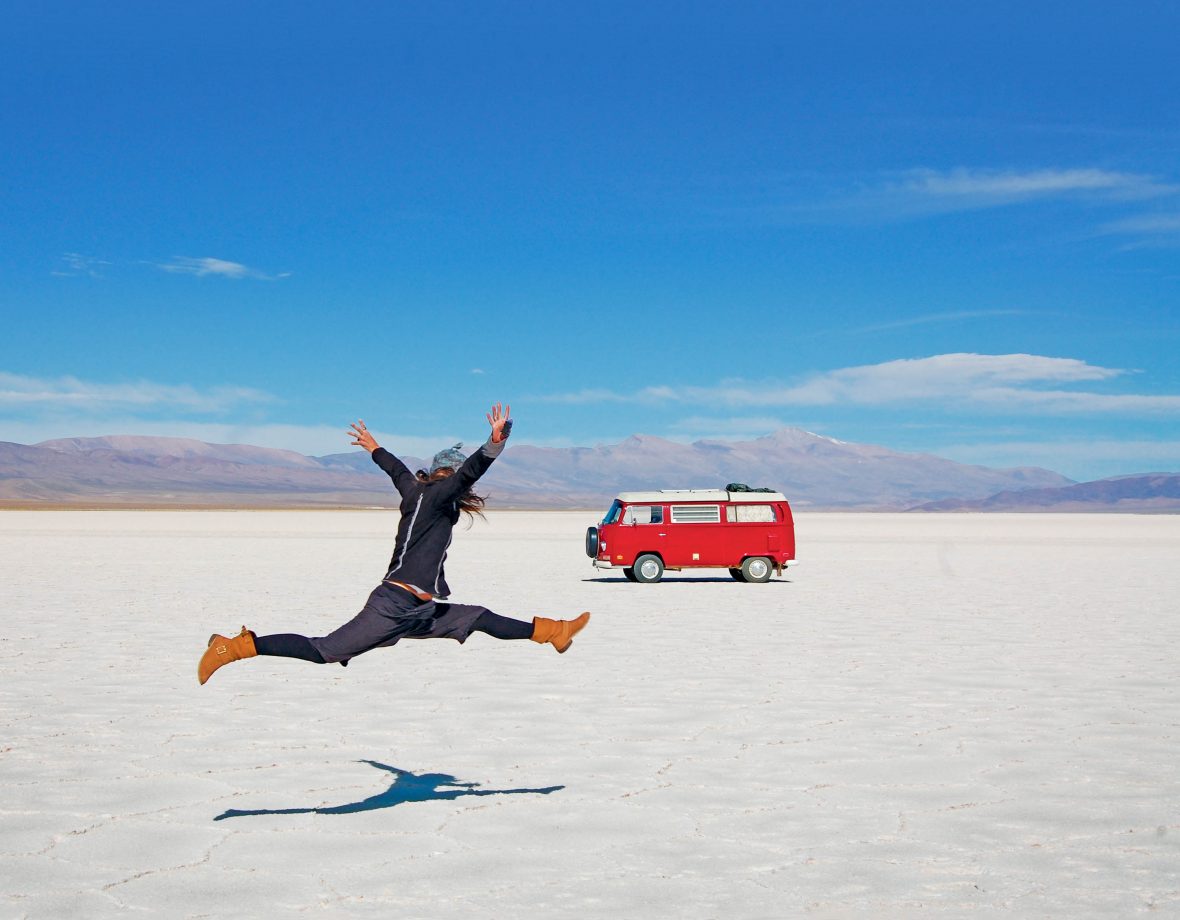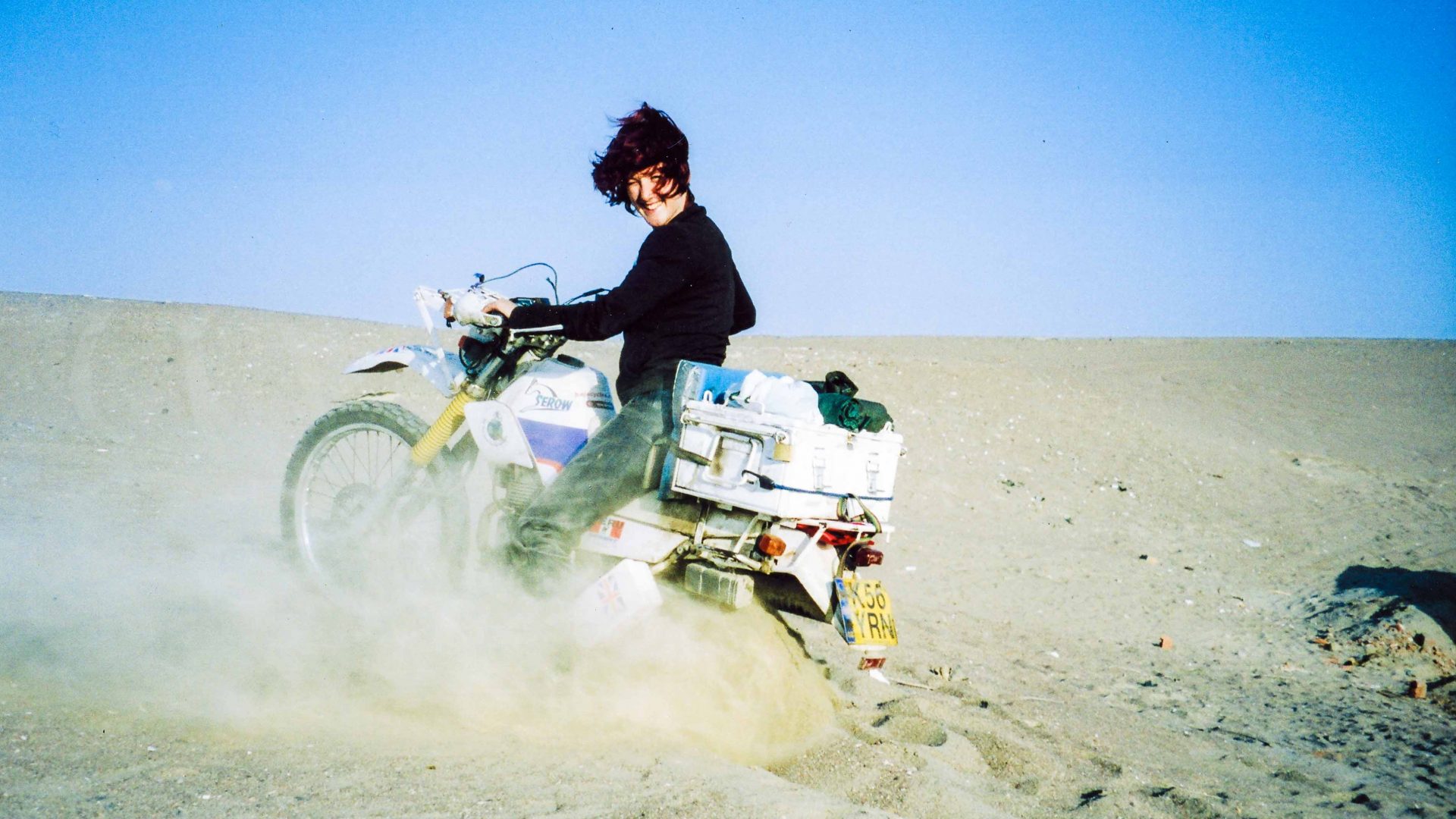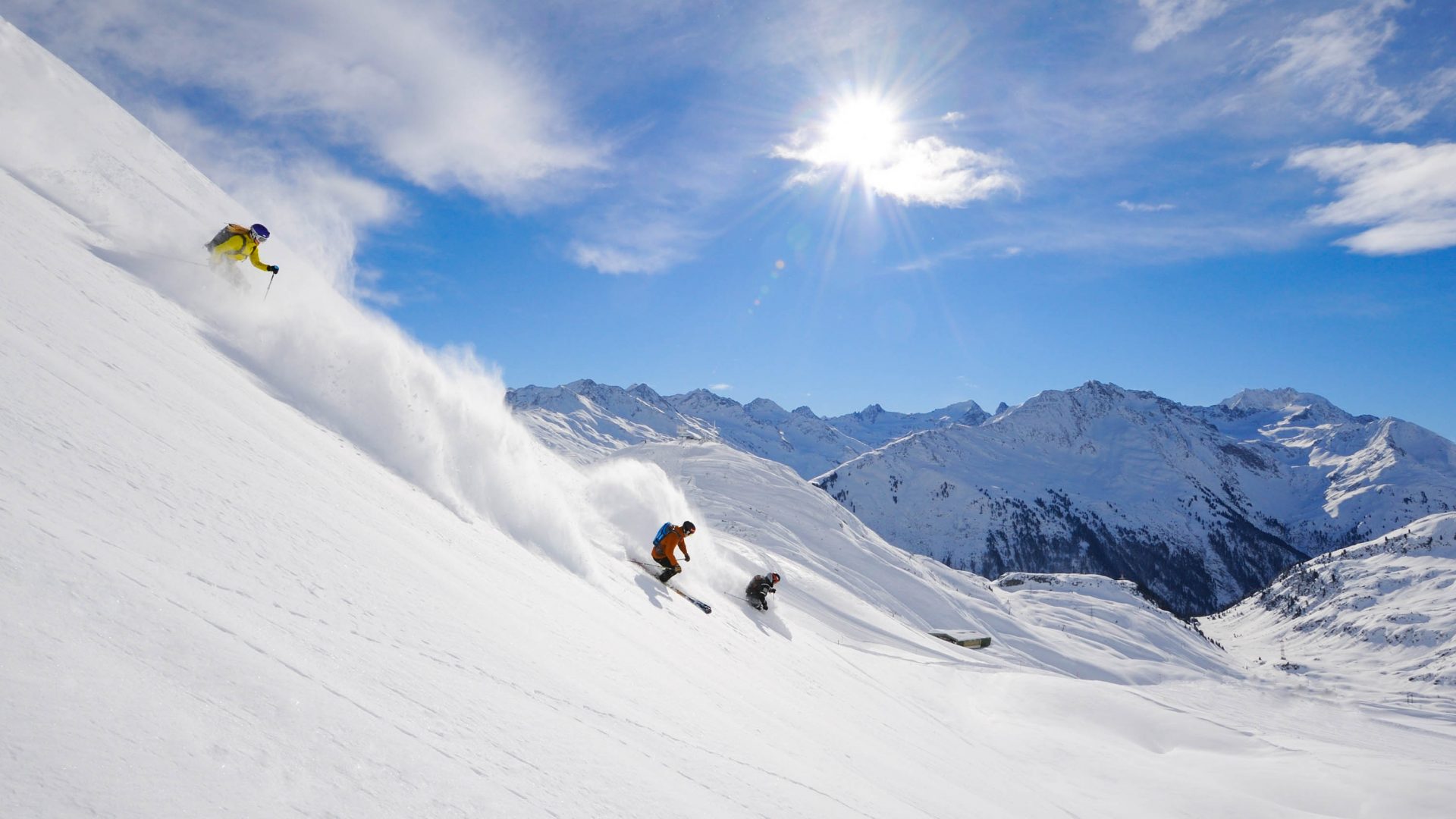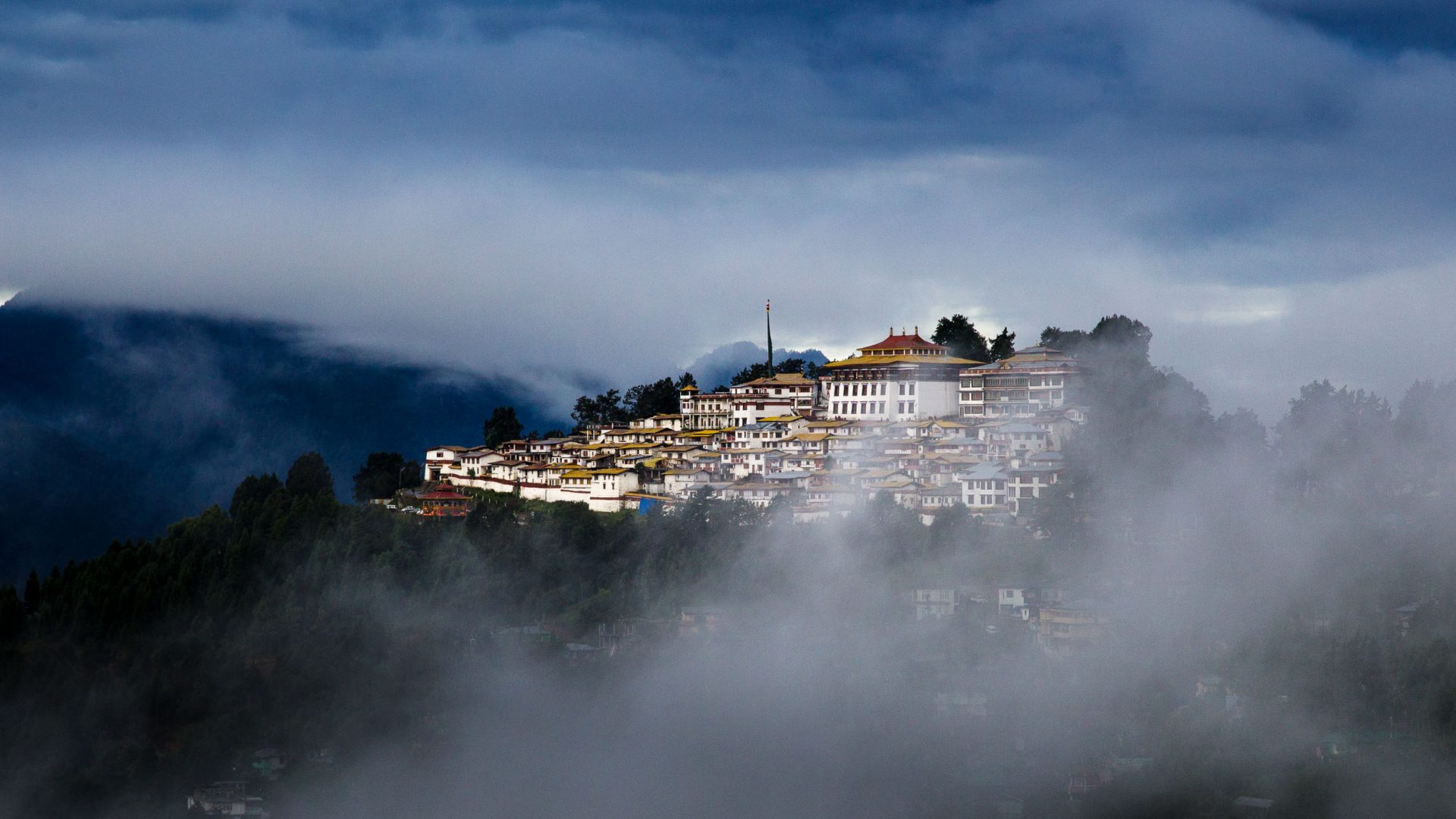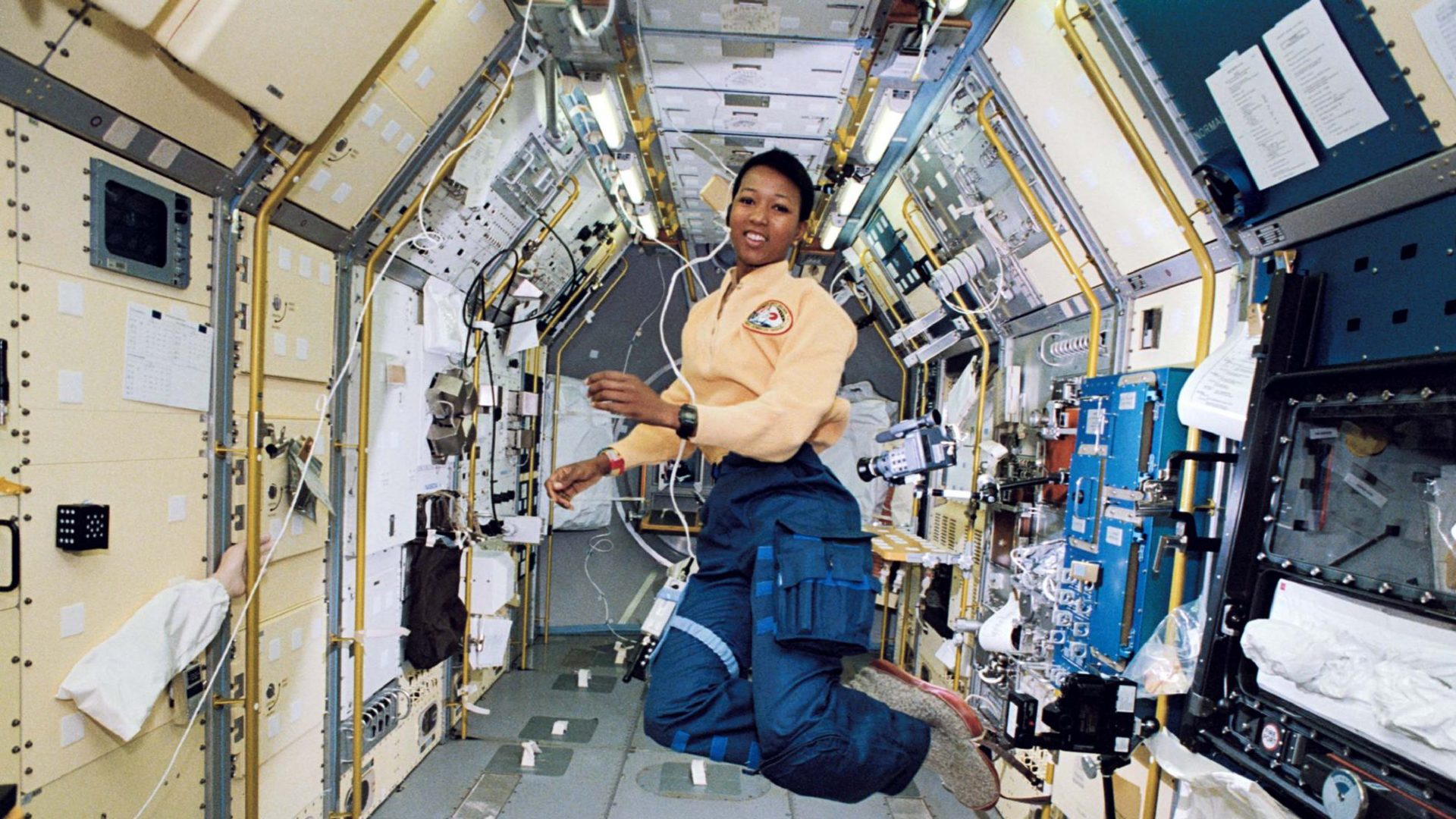There’s still a perception that women are less keen to ‘rough it’ on their travels. Well, as these stories from the road demonstrate, there are plenty of women overlanding right now—and they love it.
When I first met Karin-Marijke Vis in Ecuador, she and her partner Coen were already legends in the overlanding world—the archetypal slow, mindful travelers who had genuinely eschewed the rat race for good.
They barely knew each other when, in 2003, Coen suggested she join him on a world trip in a 30-year-old Land Cruiser. Saying yes to moving into a car together seemed a braver act than motoring off towards Iran and Pakistan during a time of heightened, post-9/11 tension in the region.
By the time we crossed paths, the Dutch couple—who are now driving through China—had spent a decade on the road, living in a vehicle so cramped it made the VW campervan my husband and I called home seem positively palatial. I admired her fortitude.
During our own four-and-a-half year road trip through Latin America, many conversations I experienced hinted at a lingering perception that women are less likely to want to ‘rough it’, less willing to defy societal expectations, less comfortable with an unpredictable nomadic lifestyle.
RELATED: Why most of my favorite explorers are women
Perversely, I perhaps shared some of these assumptions, because I found myself mentally taking my hat off to the many women I encountered who’d stuck two fingers up to convention. She’s riding a motorbike, I’d think, she travels alone, she had a baby on the road, she’s road-schooling her kids, she sacrificed an amazing job…
But flick through the pages of a new photo book that features 50 of our stories, and it turns out we all had our heroines—and they included each other. “We need to hear those voices,” says Karin-Marijke. “We need more women’s travel stories.”
Her determination meant “giving up a relationship with the only guy I’d ever imagined myself having children with,” she says. “I knew that if I didn’t go by myself, I would forever regret it.”
She was continually asked why she was traveling alone, but adds: “Because it’s such a male thing to do, a woman on a motorbike receives a great level of respect. Sometimes you’re regarded as almost gender-neutral. It felt like my bike was a protection in many ways.”
RELATED: One woman’s motorcycle adventures in Iran and beyond
As an African woman, fellow biker Wamuyu Kariuki, 43, says she has battled a whole other layer of societal pressures to realize her travel ambitions. “I’d tell my younger self not to live for society’s expectations and cultural conformities. I’m now living my life.”
After completing a 3,000-kilometer solo drive across Tanzania, she recently re-married and embarked on a three-year world trip with her husband.
Currently on the Africa leg, her rarity as a female rider is evident. “Every time we stop for gas, border checks or police stops, I’m greeted with ‘Hello sir’,” she says. “When I lift my helmet, their faces are in shock.
“I get cheers and lots of praise. Everyone is so excited to see a black woman from Africa ride a bike long-distance.”
Claudia Janssen has traveled with male partners over the years, but now has no plans to change her solo road life. Living permanently in her car and currently in Uruguay, the 51-year-old German is often asked why she’s going it alone. “My standard answer is: ‘Why not’?”
“I spent my entire pregnancy on the road,” says Emily. “I took my paperwork to a different doctor every month and explained, to their slack-jawed amazement, that we were a nomadic family. My first appointment was in Cusco in a shipping container hospital. We continued traveling in Peru, then Chile, Argentina and finally Brazil, where Sierra was born. Welcoming her was the most special moment on the road.”
Although they suffered a traumatic end to the trip, when they escaped a hostage situation in the Brazilian Amazon by jumping ship on a surfboard and hiding in the jungle, they’ve been kitting out a new overlanding vehicle and recently moved to Bali for a year.
RELATED: Traveling solo with multiple sclerosis
Luisa Bell’s family was already complete when they set off round Africa in 2009, in their Land Rover with rooftop tent. As their son and daughter, now 19 and 13, approached adolescence and their trip became a full-time lifestyle, they converted their car into a tiny home that’s currently taking them round Europe.
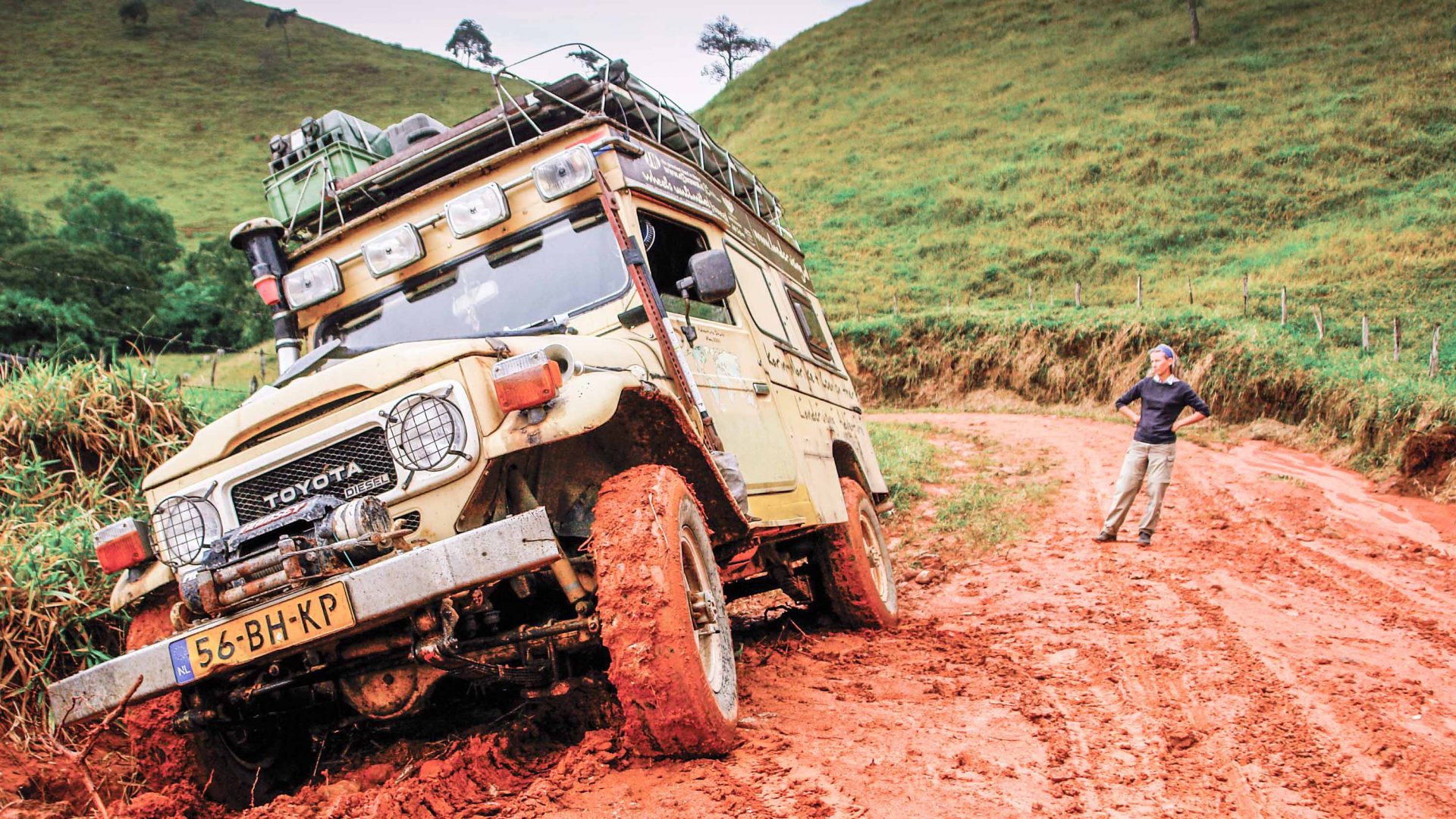
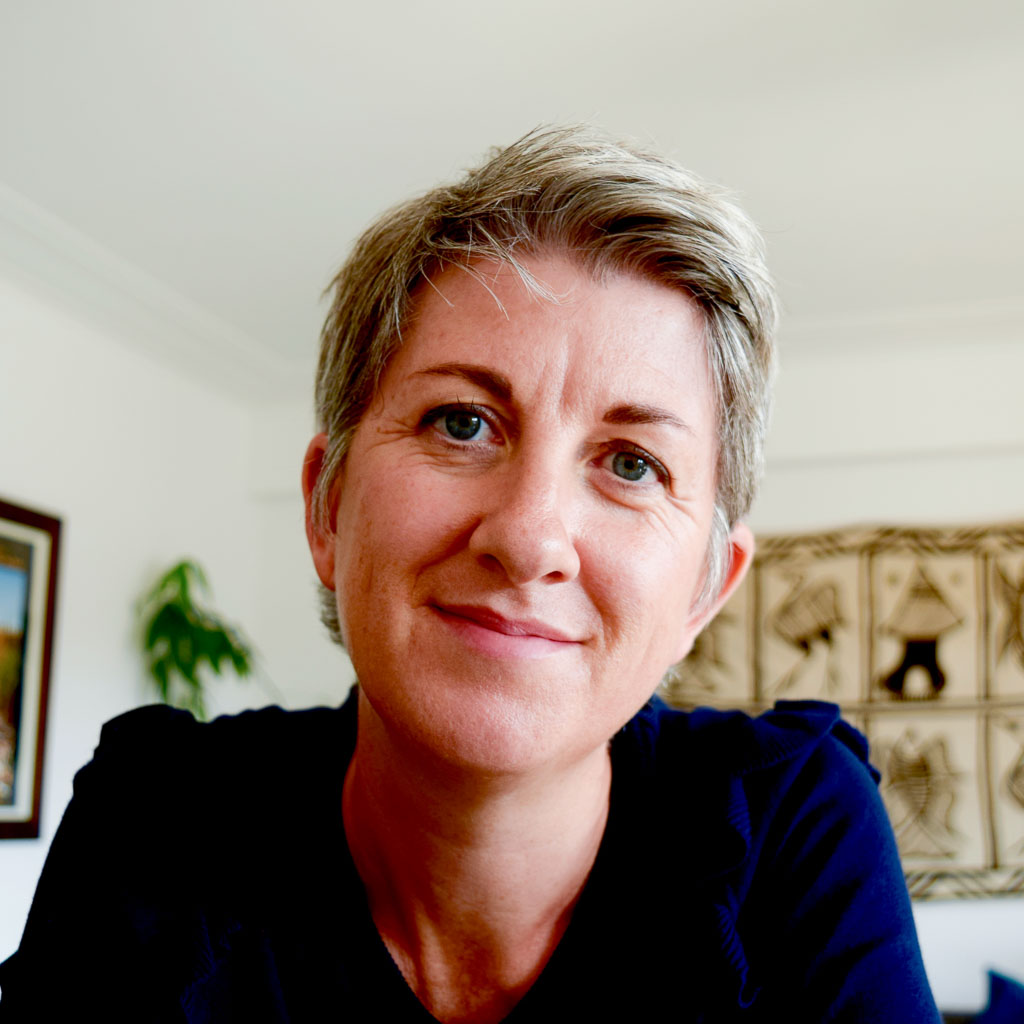

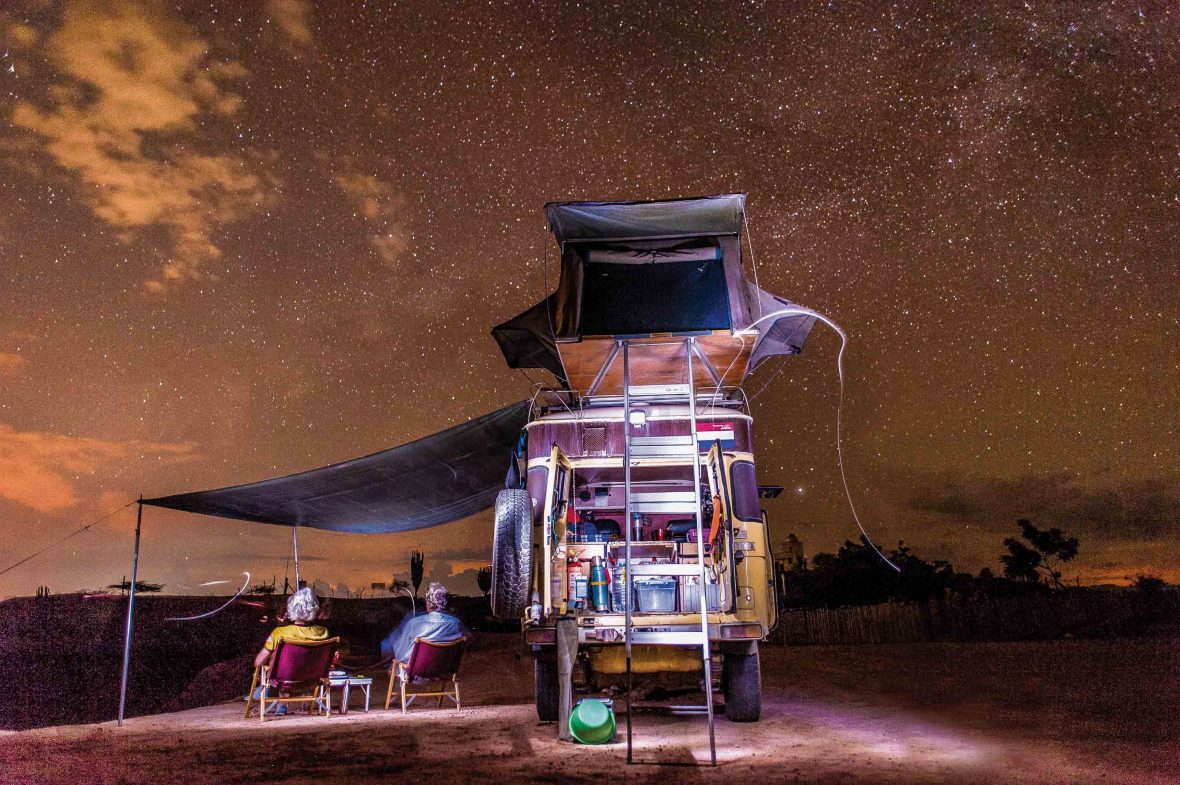
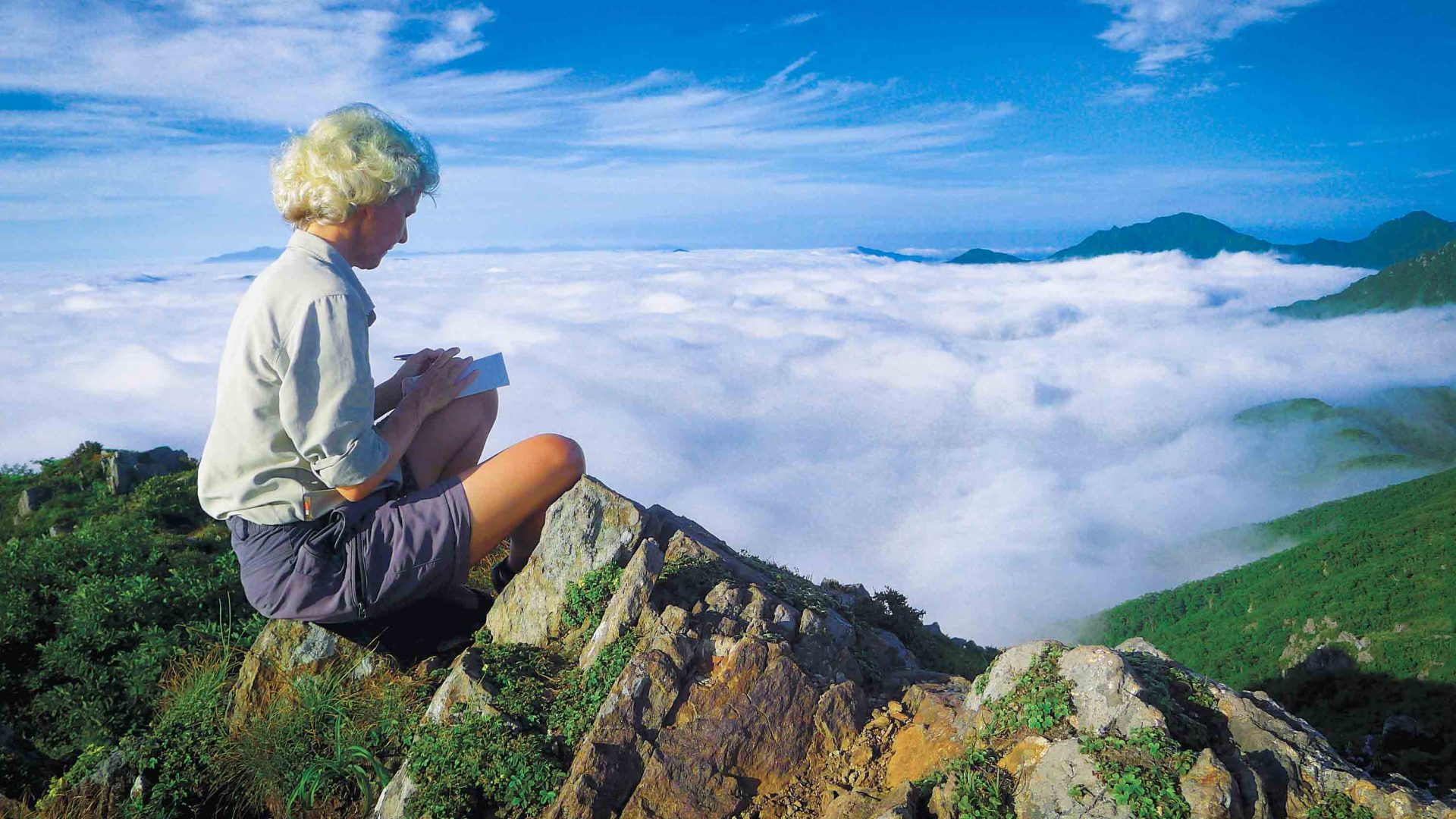
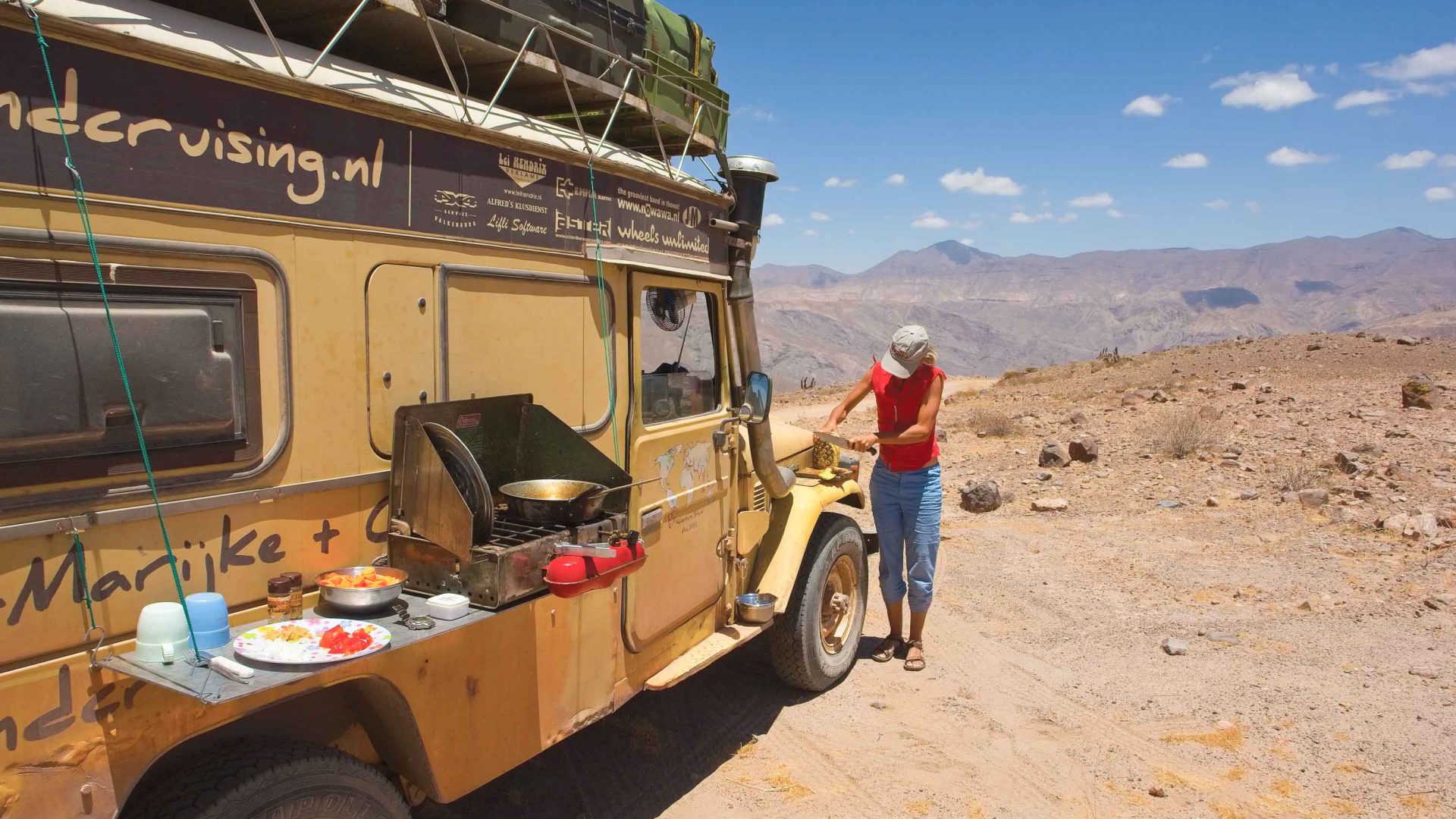
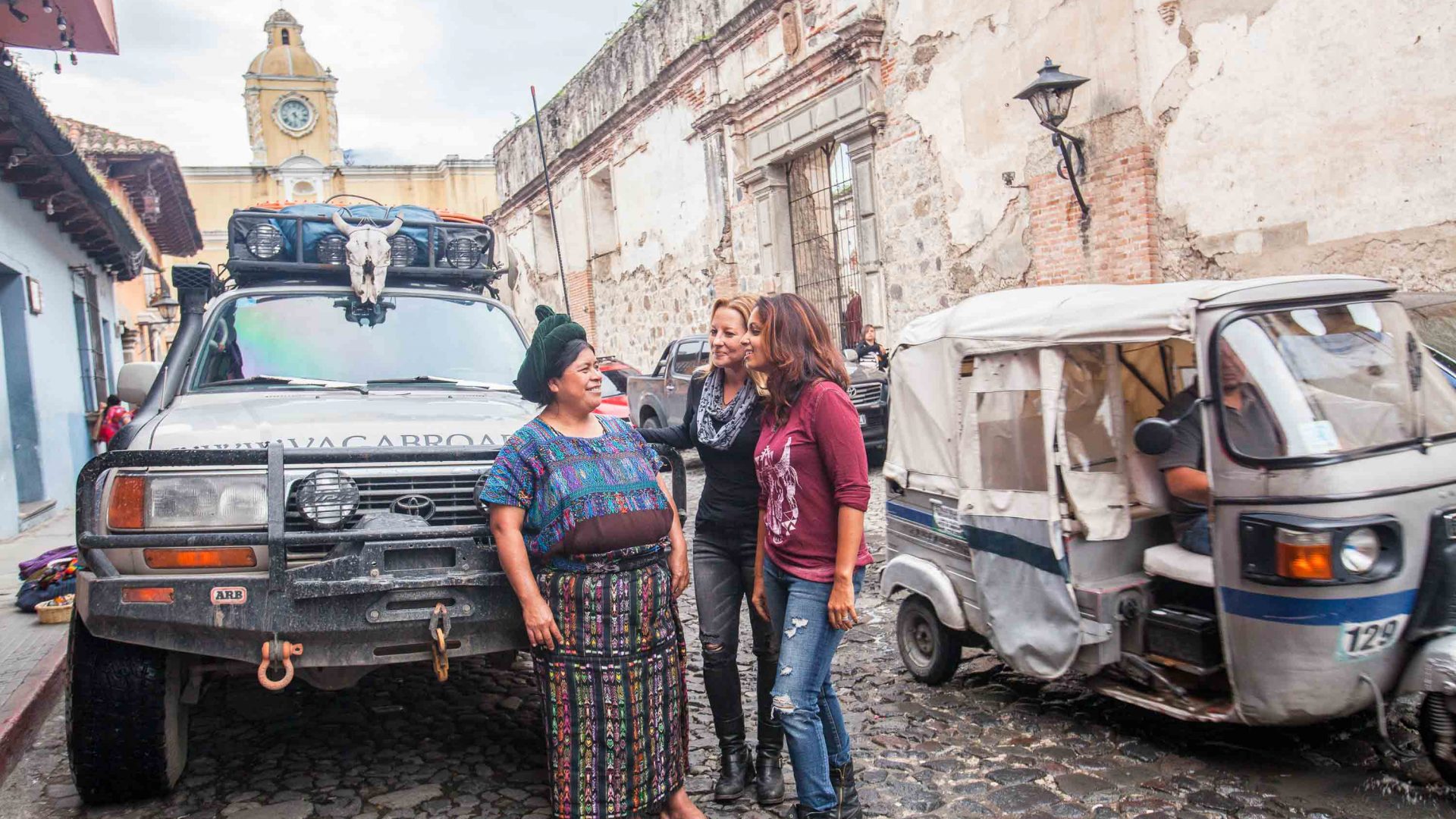
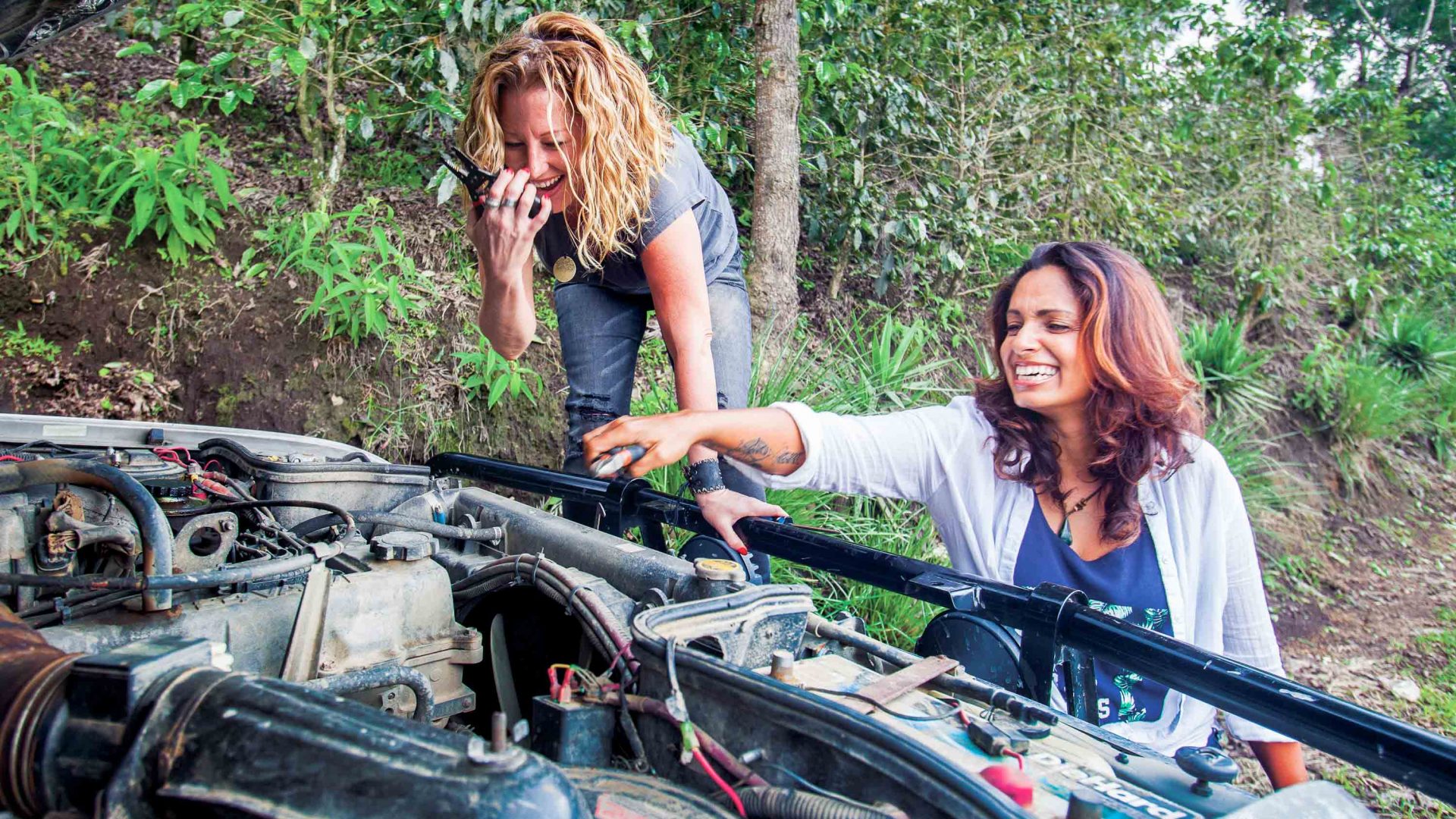
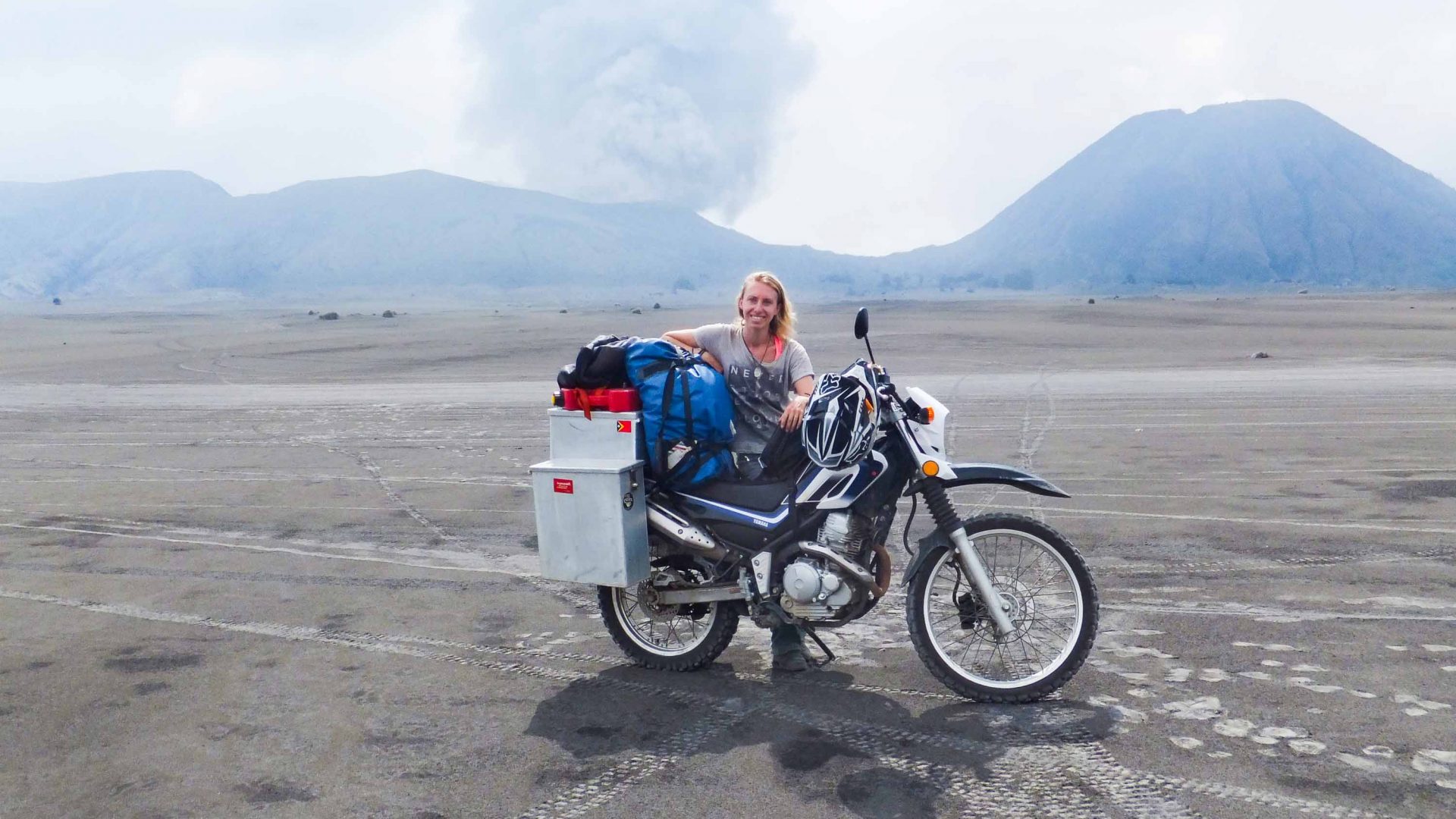
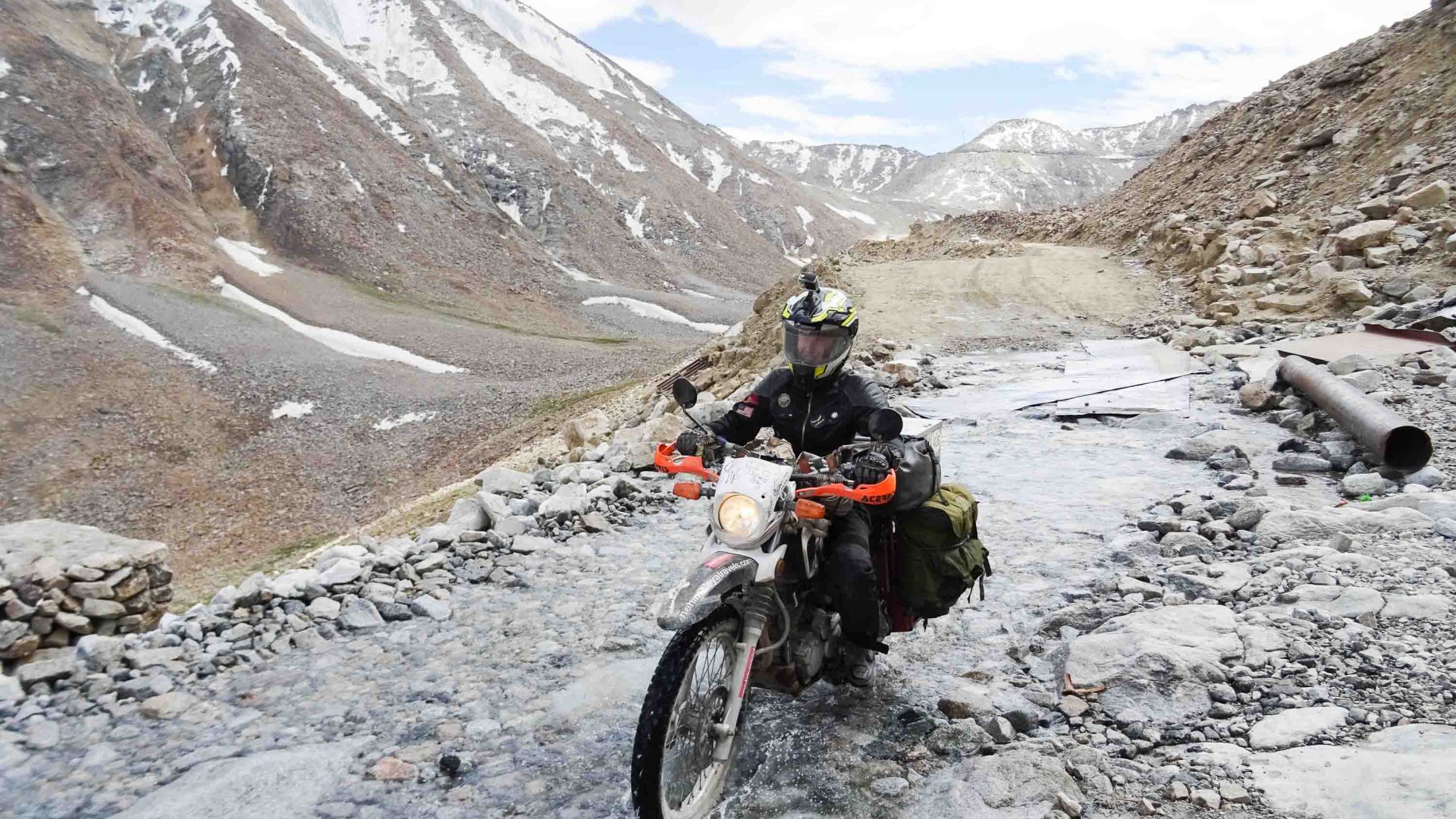
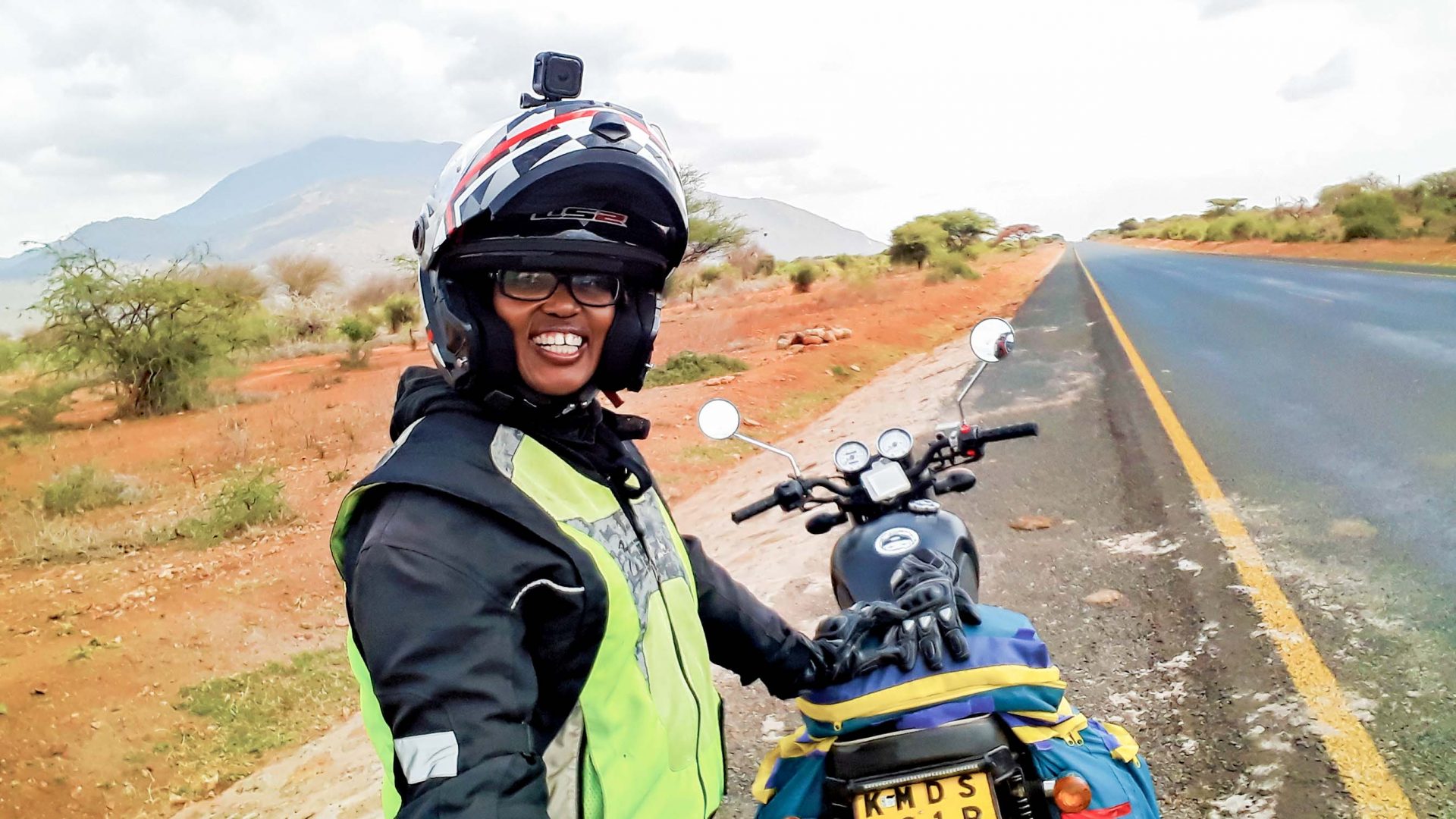
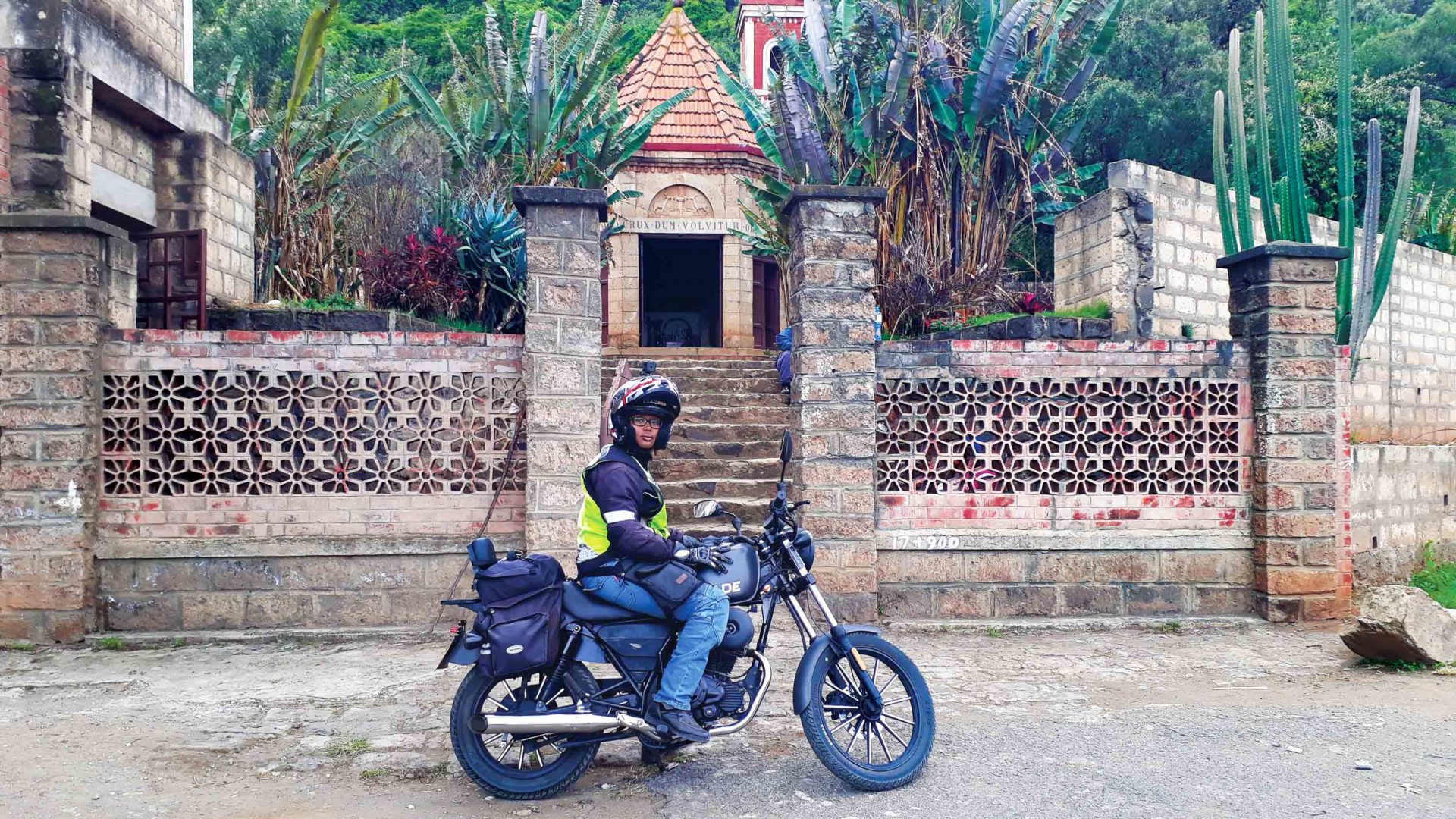
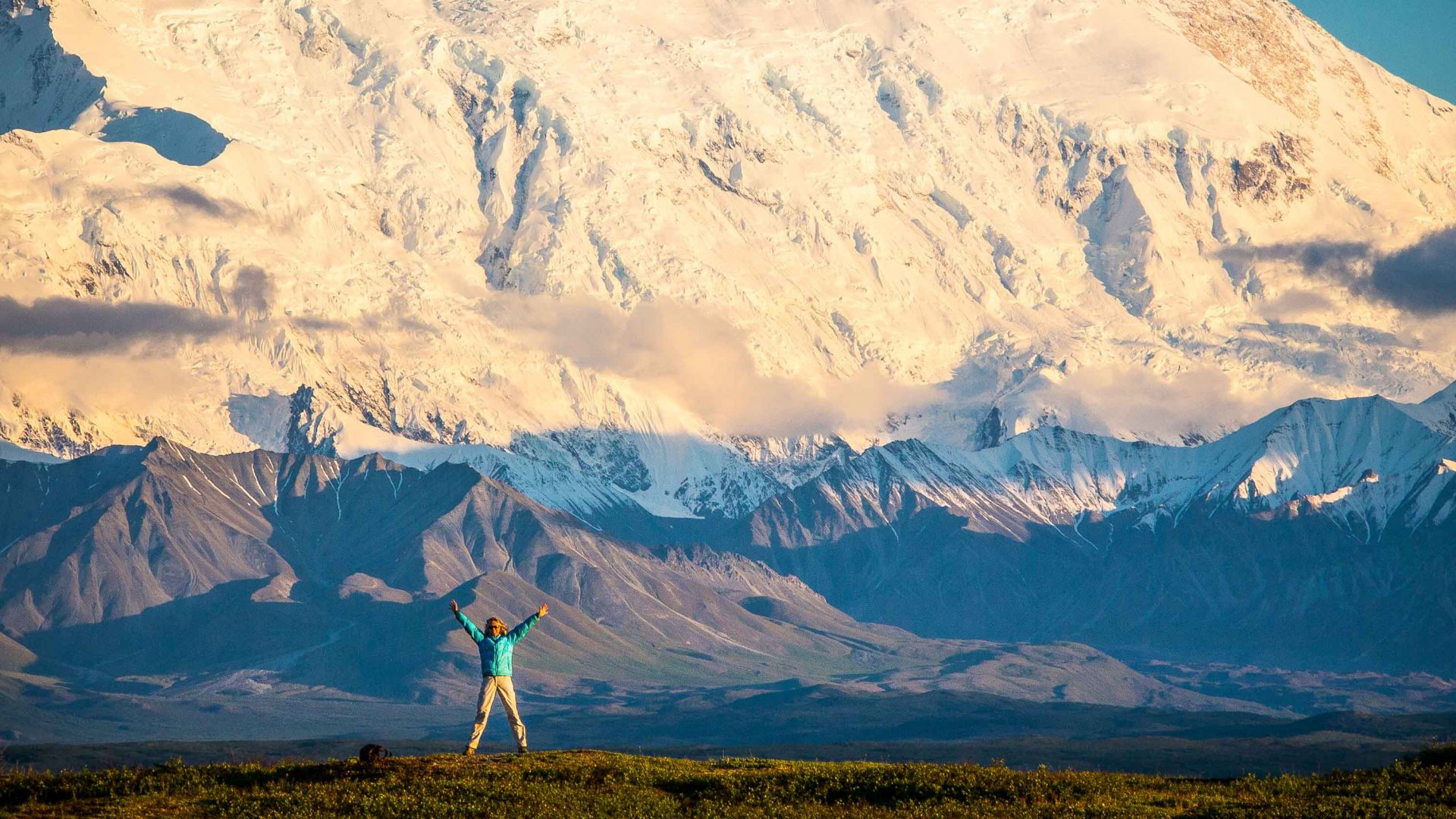
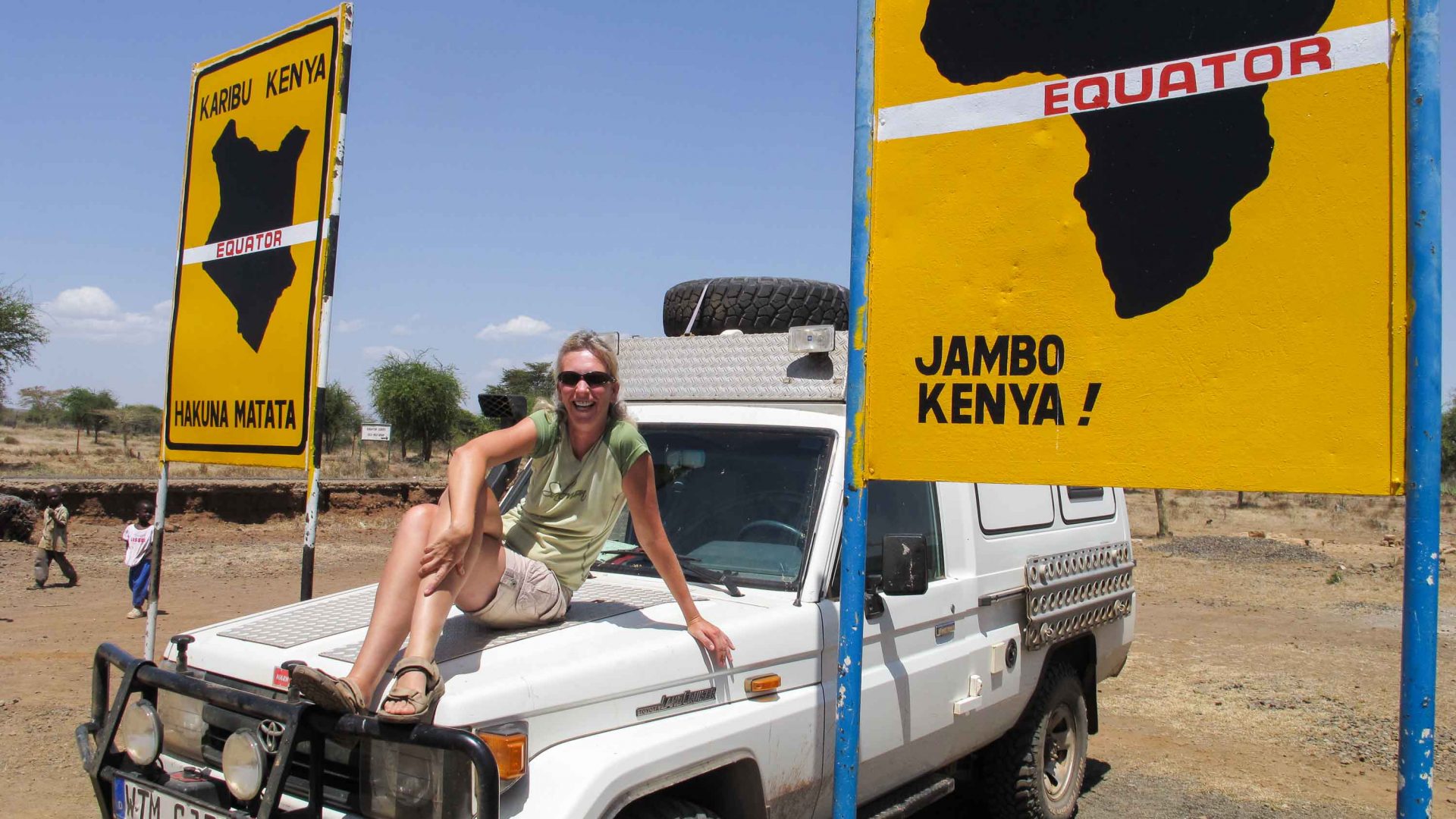
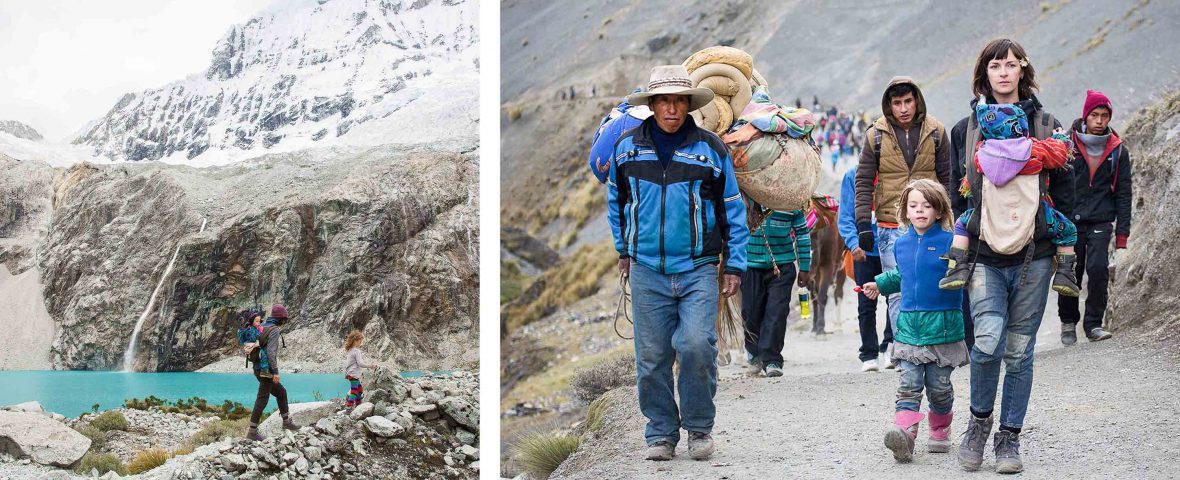
![Luisa says men are “either impressed or feel challenged” when she starts working on their vehicle.]](https://adventure.com/wp-content/uploads/2018/08/Overlanding-tales-from-women-Luisa-Bell-duo-1180x523.jpg)
